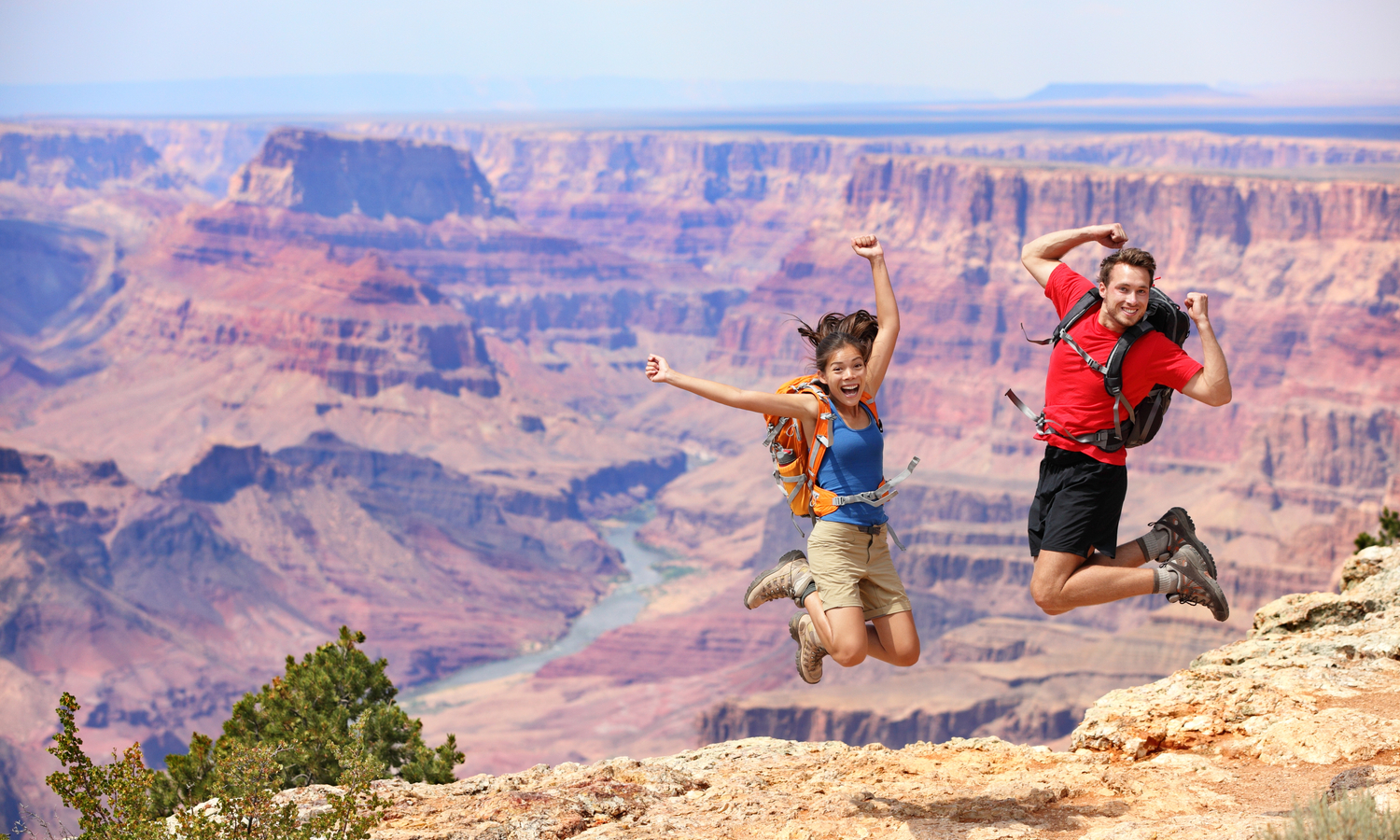Deloitte’s 2022 Travel Outlook has revealed this year will be about more than simply watching air passenger volumes increase. It will require the industry to cater to those most ready to embark again, while adjusting long-term strategies to accommodate more permanent shifts in consumer demand.
Perhaps not surprising, younger and wealthier travellers are leading the rebound. According to the report, baby boomers were drawing increasing attention from travel marketers and suppliers as they straddled peak earning years and retirement before the pandemic.
Now, travellers over 55 are significantly less likely to travel, citing health worries as a top reason why. Deloitte notes that they are still a “compelling demographic,” but it will take the right messaging at the right time to get them on board. Overall, those over 55 took 1.7 trips in 2021, compared to 2.4 trips for those 35 to 54 and 2.7 trips among those 18 to 24 years old.
Earnings also affect how often people plan to travel in 2022. Over the 2021 holiday season, Americans earning over $100,000 a year were nearly twice as likely to travel as those with income under $50,000. If the cost of travel increases, this trend could strengthen. In addition, 30 percent of high-income Americans (defines as Americans earning over $100,000), spent “significantly more” on holiday travel in 2021 compared with 2019. The report also notes, this does not mean that lower-income Americans have lost their desire to explore.
Another highlight from the report is that leisure travel will rebound faster than corporate travel. While the rise of virtual meetings will likely slow the return of corporate travel, workers newly untethered from the office offer upside. Laptop-lugging leisure travellers are taking more trips and adding days and dollars to those trips. These “laptop luggers,” according to Deloitte, have above-average buying power and greater flexibility on travel dates. One such way that businesses are changing their model to meet the demand for these travellers is via subscription models, which have historically struggled due to low frequency of travel.
Along the same lines, remote work could be a long-term accelerator of private rentals. Although hotels still account for most of the leisure lodging spend (80 percent for 2021 summer and holiday seasons), the pandemic drove demand for private rentals.
As for international travel, myriad entry restrictions and health concerns are still slowing its return. That said, 22 percent of travellers said they were holding back spending in 2021 in order to travel internationally once it became more accessible. So, the demand is there.
(Source: TTAG)








